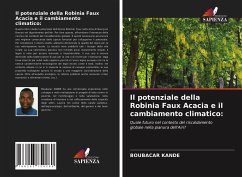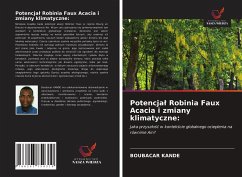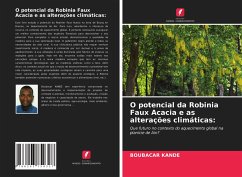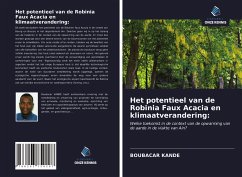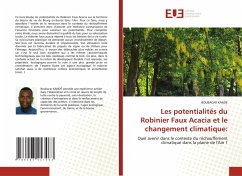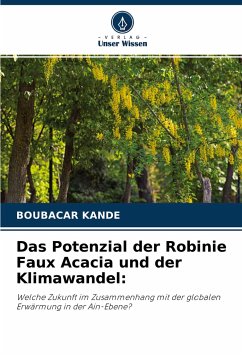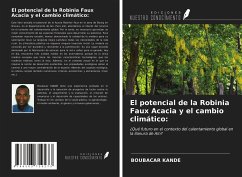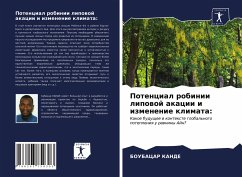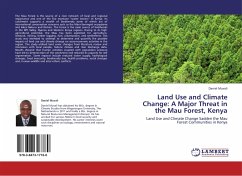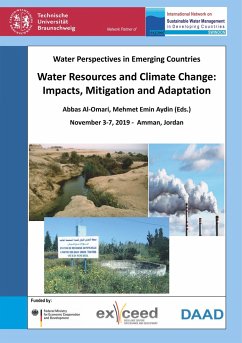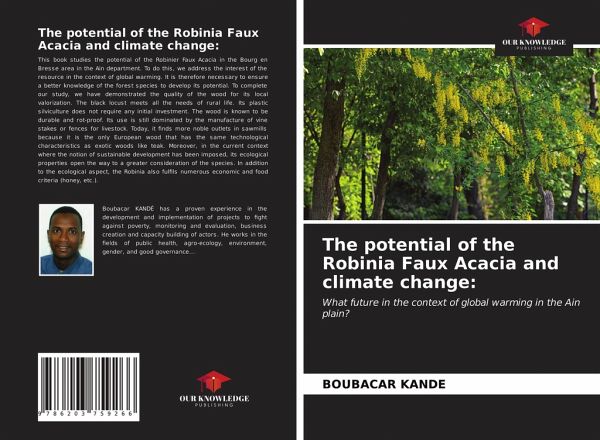
The potential of the Robinia Faux Acacia and climate change:
What future in the context of global warming in the Ain plain?
Versandkostenfrei!
Versandfertig in 6-10 Tagen
27,99 €
inkl. MwSt.

PAYBACK Punkte
14 °P sammeln!
This book studies the potential of the Robinier Faux Acacia in the Bourg en Bresse area in the Ain department. To do this, we address the interest of the resource in the context of global warming. It is therefore necessary to ensure a better knowledge of the forest species to develop its potential. To complete our study, we have demonstrated the quality of the wood for its local valorization. The black locust meets all the needs of rural life. Its plastic silviculture does not require any initial investment. The wood is known to be durable and rot-proof. Its use is still dominated by the manuf...
This book studies the potential of the Robinier Faux Acacia in the Bourg en Bresse area in the Ain department. To do this, we address the interest of the resource in the context of global warming. It is therefore necessary to ensure a better knowledge of the forest species to develop its potential. To complete our study, we have demonstrated the quality of the wood for its local valorization. The black locust meets all the needs of rural life. Its plastic silviculture does not require any initial investment. The wood is known to be durable and rot-proof. Its use is still dominated by the manufacture of vine stakes or fences for livestock. Today, it finds more noble outlets in sawmills because it is the only European wood that has the same technological characteristics as exotic woods like teak. Moreover, in the current context where the notion of sustainable development has been imposed, its ecological properties open the way to a greater consideration of the species. In additionto the ecological aspect, the Robinia also fulfils numerous economic and food criteria (honey, etc.).



